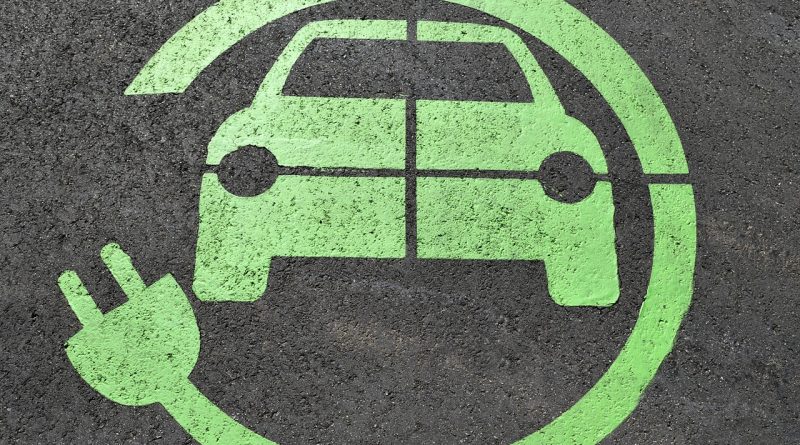The Immediate Future of Alernative Fuel Vehicles
Toyota is will be selling there next-generation Prius for the 2009 model year. With cheap gas no where to be found, it leaves little doubt that this new Prius, which gets even better gas mileage then its predecessor, will be one of the best selling cars in America for the next few years. With that being said, what should we expect in the short term as far as hybrid or alternative fuel technologies? As your well aware, nothing breeds competition like success so be prepared for an onslaught of hybrid, diesel and electric cars to come trickling in from all over the world for the next decade.
First up to bat will be the Chevrolet Volt from General Motors. Even though people are still arguing if GM ‘killed’ the electric car when they discontinued production of the EV1 earlier this decade, there’s no doubt they are trying to revolutionize the electric vehicle market with the Volt. The Volt is still in the planning stages as of this writing and as such is far from a finished product. GM is heading head all-out into this venture as they are tying up a lot of monetary and human capital on the project. According to there website “We have devoted significant resources to this project: Over 200 engineers and 50 designers are working on the Volt alone, and another 400 are working on related subsystems and electric components. That’s how important we think this is.” Honestly, it could be safe to safe there future may depend on electric vehicles to keep them from going under. The reality is that the consumer SUV and full-size truck market is pretty much gone at this point, and considering that trucks sales provided the bulk of GM, and Ford’s, domestic profits it’s no wonder that GM is throwing so many resources at electric vehicle research and development. Luckily for GM, it would be impossible to predict the Volt being anything but a wild success for them. The car is projected to be able to travel up to 40 miles on a single charge, well within the range of the average Americans daily commute to work and back. GM is theorizing that if used under 40 miles per day, the car will never use a drop of gas. The only immediate downside is that the Volt, with a delivery target of 2010, is expected to price north of $40,000US. At that price, it could take quite a few years until the technology is seen in an entry level vehicle, and that’s what GM need to compete with the Toyota Corolla and Honda Civic.
What about diesel technology? In Europe, diesel is poised to overtake gasoline as the primary fuel used in automobiles, even at high diesel prices due to there increased fuel efficiency. One would think it would make sense to foreign automotive manufactures to import those efficient diesel models to North America, but there are a few reasons that they don’t. For starters, much of the existing diesel technology has to be modified in order to meet stringent US emissions regulations, and the other reason being that the demand for diesel cars in the US has historically not been high enough to justify the added expense of meeting all those US mandates. This may all change, however, as rising gas prices in the United States is starting to make diesel powered vehicles look more attractive, even with diesel fuel costing more that gasoline in North America. The renewed interest in diesel powered vehicles has prompted American manufactures, particularly GM and Chrysler, to start serious development of diesel hybrid vehicles. The primary emphasis will be on commercial trucks to try and get those over 30 miles per gallon on average; the technology is easily scalable to smaller trucks and cars as well.
With ever rising fuel costs we can expect to see decreased demand for gas in the United States. In the past, this has usually had the impact of lowering fuel costs as demand drops, but with developing nations ever increasing fuel demands this has offset our decrease in fuel consumption, pushing fuel prices even higher. The question is; will these prices ever stabilize? Yes. But when will that happen, and at what price? It is doubtful that anyone has the answer at this point, but it is safe to say that we are at the beginning of a consumer driven boom in alternative fuel vehicles that could possible spell the extinction of the purely gas driven vehicle.


